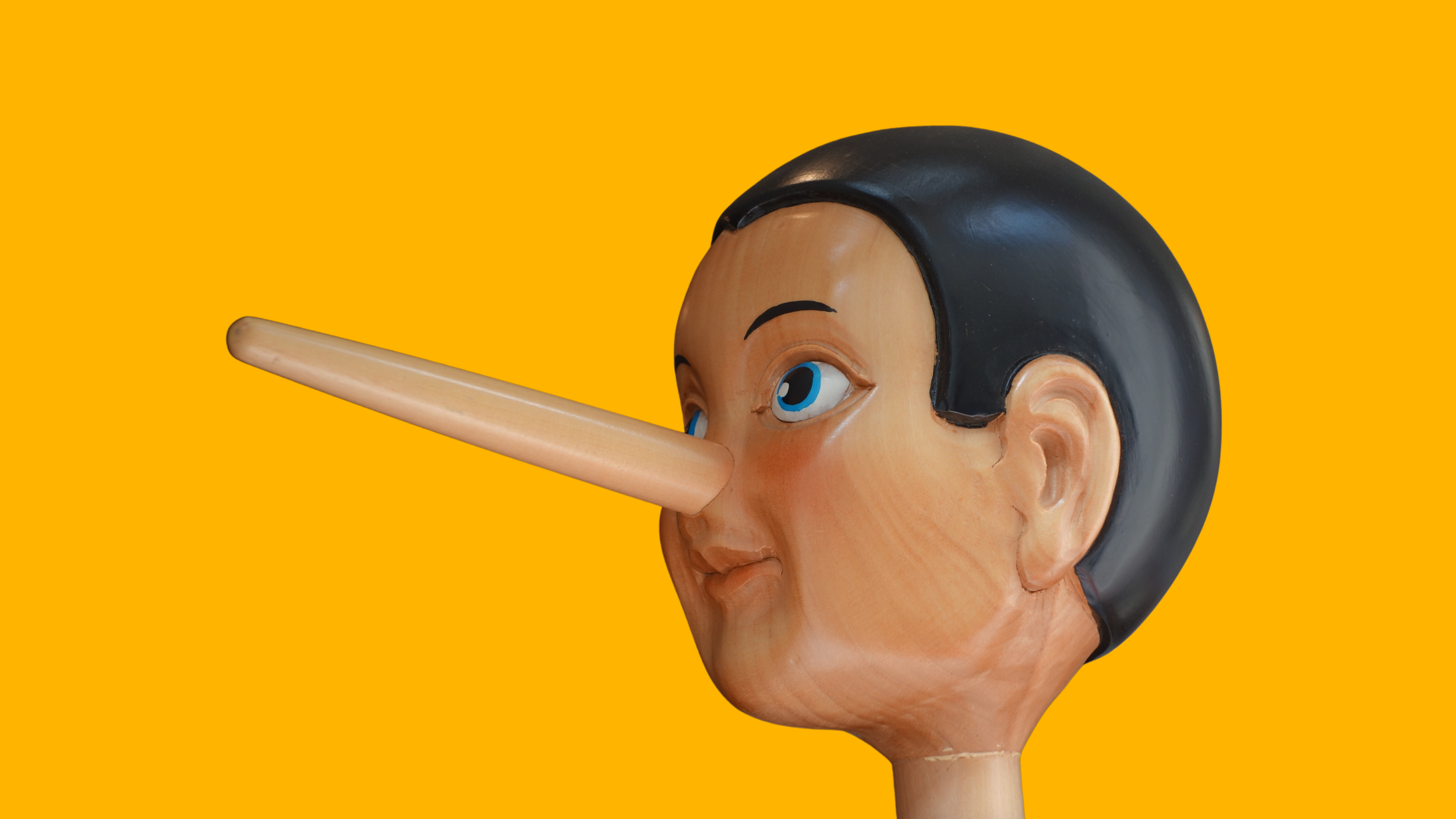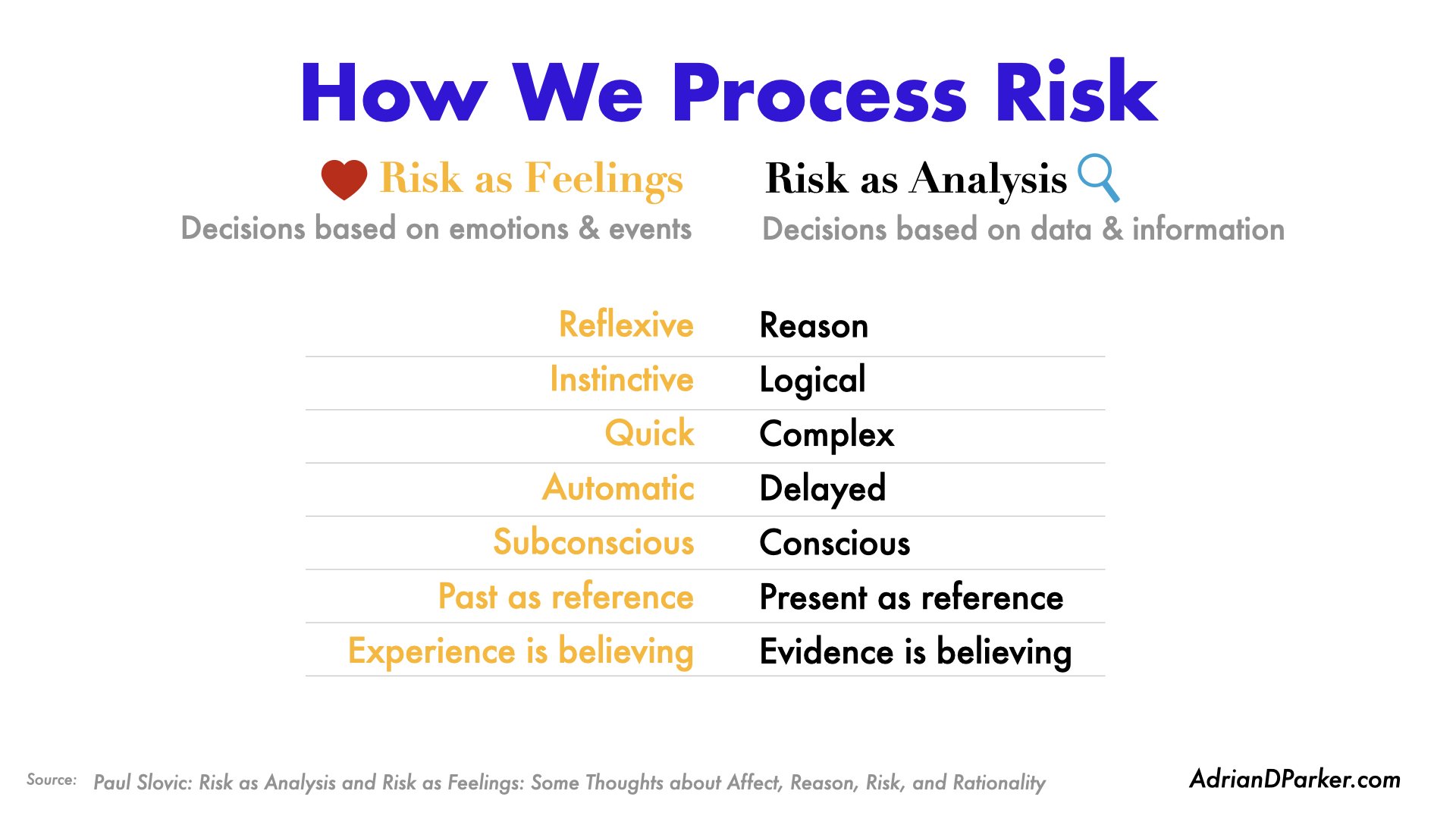Don’t believe your brain 🧠
↩️UNFOLLOW University — April 14, 2023
Happy Friday!
Like many of you, COVID kicked my kiester. After 12 months in lockdown, I felt like a nail in a hammer factory.
I was anxious, exhausted, uncertain and scared about a future I couldn’t see. And the things I could see - live-streamed funerals, rising death rates, school safety debates, blatant racism, dysfunctional leadership, Christian hypocrisy - weren’t very comforting.
I was winning visibly but losing in ways that really mattered. This was beyond burnout, I was burned up.
At that time, phrases like “self-care” and “mental wellness” were reserved for one of two groups: hurt people with too much pain or soft people with too much time. I considered myself neither.
I came across a video interview with a therapist who asked one simple question: “Who told you that?”
She challenged the notion that all thoughts are equally authentic and invited viewers to question the true source of our expectations, obligations and comparison. I realized I had so many apps running in the background of my brain that I never took inventory of what needed updating or deleting.
Then she shared a phrase I will never forget…
🤯 Radical Truth
“Thoughts are not truth until truth becomes thoughts.”
She repeated herself: “Thoughts are not truth until truth becomes thoughts.”
She implored us to ask ourselves:
What’s real right now?
Who said it? Is it still true?
What’s helpful?
She was right. My feelings had become my thoughts. My thoughts had become my truth. And my truth had become my condition.
The risk of something bad happening to me made something bad happen inside me.
Intelligence and emotion are interconnected parts of the thinking process. How we feel overwhelmingly impacts how we calculate risk. In our minds, feelings quite literally become facts. When this happens it’s easy to make the wrong decisions for the right reasons.
This is especially hard for new leaders and leaders in new organizations. Separating outcomes from emotions is hard to do when everything is new.
So how do you stop handing your mental steering wheel to your emotions?
Don’t just feel your feelings, search them. Search your emotions for foreign objects and outdated prescriptions.
The same brain I thought was hard-wired with permanent factory settings is also capable of downloading new programs. I can learn, respond, evolve, affiliate and tune to new truths. Smart people call it neuroplasticity. I call it a necessity. We change our minds by responding to new experiences and reorganizing what feelings are valid.
The way to fully challenge our assumptions is to:
🛑 Interrupt ourselves long enough to acknowledge our feelings as one source of information, not the source of facts. What’s real right now?
🔬 Interpret risks, process feelings and consider other factors. Who said it? Is it true?
🧩 Respond instead of reacting. What’s helpful?
In my case, I didn’t need to be harder on myself. I needed to be honest about what was really happening. I started therapy over one year ago and it’s changed everything.
Now I know mental wellness isn’t just for “hurt” people or “soft” people, but for all people. Out of all the things a great leader needs to learn, knowing yourself is perhaps the most essential skill of all.
⚡️Courageous Question
Who told you that about yourself? Is it true?
🗣 Wonderful Words
“I’ve come to realize that faith and reason are not natural enemies… it’s our fear of the unknown and our fear of being wrong that create most of our conflict and anxiety. We need both faith and reason to make meaning in an uncertain world.”
🙏🏽 Prayer Package
God, give me opportunities to slow down, stop and remember who I am. In my rush to be right, be heard and be enough, it’s easy to lose track of what’s really true. Remind me. Restore my health in every area of my life and remove the fear of seeking help. Amen.
📖 Psalm 40
🎵 All Joy No Stress - Rhett Walker, Tedashii 🤠
🛠 Practical Tool
Cognitively, humans have two simultaneous approaches to processing risk: risk as feelings (emotions) and risk as analysis (information).
We all make big and small tradeoffs to calculate our target level of perceived risk vs. perceived benefits. Stress is not a fixed percentage but a constantly changing algorithm that we impact but never control. Here’s a helpful way to think about how you think. 🧠
Thanks for reading. As always, feedback and questions are more than welcome. You can learn more about my story here or check out my previous posts.
See you next UNFOLLOW Friday!
Sign up for the ↩️Unfollow University newsletter
Every Friday I’ll send you 5 courageous ideas to help you redesign your work life by making better career decisions:
🤯 Radical Truth - A story from me
⚡️ Courageous Question - A challenge for you
🗣 Wonderful Words - A quote worth remembering
🙏🏽 Prayer Package - A moment of meditation
🛠 Practical Tool - An actionable resource


